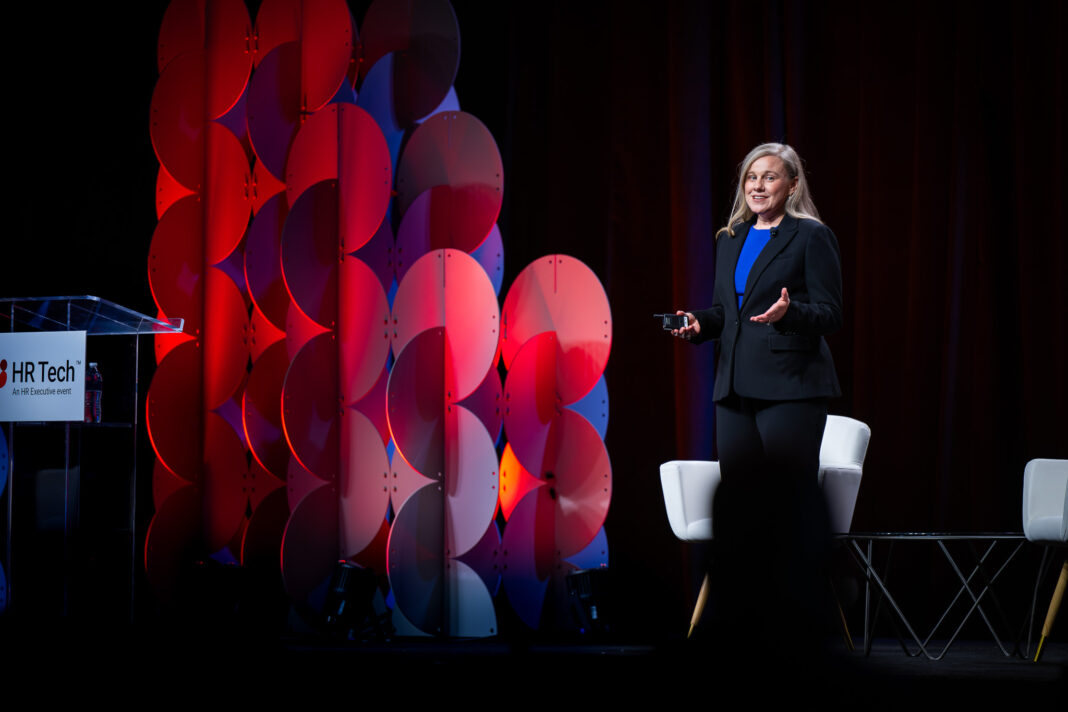Side hustles surge in South Korea as wages remain stagnate
- Josephine Tan
- Topics: Compensation and Benefits, Home Page - News, News, South Korea

Soaring inflation and stagnant wages have been driving a surge in moonlighting among employees in South Korea, particularly those in their 40s and younger, according to new data.
Statistics Korea data revealed a significant uptick in the number of employees in South Korea engaging in side jobs during Q1’2024. A total of 552,037 individuals were juggling multiple sources of income, marking a 22.4% increase compared to the same period in 2023.
While individuals aged 60 and above traditionally led in seeking supplementary income, the recent surge is more pronounced among younger demographics. Specifically, employees in their 40s witnessed a 27.7% rise in side job participation, while those between 15 and 29 experienced a 30.9% increase.
For instance, Kim, a 41-year-old construction worker, found himself compelled to seek additional employment to make ends meet. His wife’s extended maternity leave meant their household income took a hit, pushing Kim into the realm of side jobs.
He said, “My wife’s income was essential for us to sustain a dual-income household, and I can’t envision managing loan repayments, bills, and raising children without my side job.”
The proliferation of side jobs is predominantly observed in online platforms, such as food delivery services or content creation on YouTube.
READ MORE: Young South Koreans shun SMEs despite high youth unemployment
This trend aligns with a pattern of declining real wages, which persisted for the second consecutive year in 2023, according to data from the Ministry of Employment and Labour. The average real wage dipped by 1.1% year-on-year, amplifying financial strain on employees.
The Korea Labour Institute underscored the correlation between low-paying jobs and side job engagements. Its analysis revealed that individuals with side jobs earn an average of 13,000 won (US$9.42) per hour, compared to 16,000 won (US$11.59) for those solely reliant on primary employment, reported The Korea Times.






